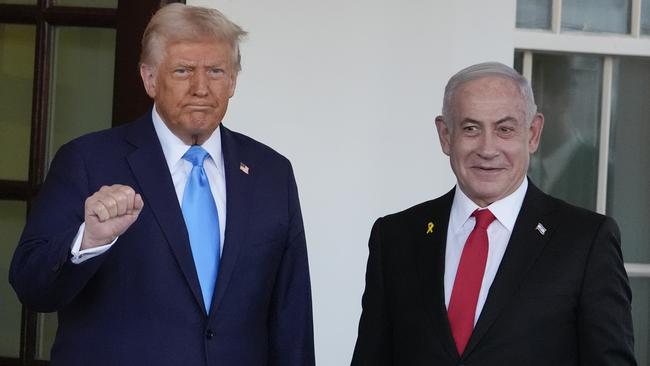
Forget tariffs, the Mexican border and every other headline Trump has created since he became president again, this announcement on Gaza is the one that will be remembered in decades to come.
Trump argues that he can transcend generations of failure, misery, hate and destruction in Gaza by thinking radically about a region defined by ancient hatreds, disputed land and conflicting aspirations.
Yet the notion of the US taking ownership of Gaza and rebuilding it into a “Riviera” of the Middle East after relocating some two millions Palestinians from Gaza is so out-of-the-box radical that it will take the rest of the world time to digest the implications.
Let’s go through some of the key questions that will need to be answered if this proposal is to become anything more than a theoretical thought bubble for Trump.
Firstly, and most crucially, how will Trump persuade other Arab states to accept many hundreds of thousands of Palestinians and how will he persuade around two million Palestinians to leave Gaza?
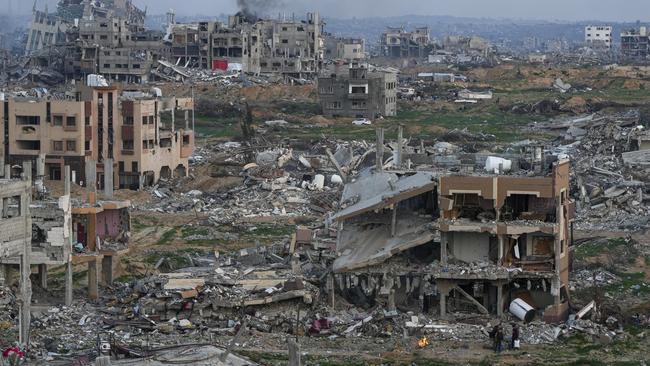
Trump is likely to win the first half of this equation. Although Egypt and Jordan and other Arab states have so far refused to consider the resettlement of Palestinians from Gaza, Trump can almost certainly strongarm them to do so using trade, diplomatic, military and other sanctions.
Egypt and Jordan fear that taking too many Palestinians undermines their own stability and security. But these – and other Arab nations – have been hypocritical during the Gazan conflict, expressing disgust for the plight of Palestinians while at the same time refusing to provide them with sanctuary on their soil.
But assuming that Trump is able to persuade Arab states to accept large numbers of Palestinians, how will he persuade the people of Gaza to leave their homes, even if they are largely destroyed?
Would their departure be voluntary or not?
It seems inconceivable that the US would forcibly remove them – not only would this be in breach of the Geneva Convention but it would create a generational conflict between the US and the people of Gaza.
Trump could no doubt encourage many Gazans to relocate voluntarily using all sorts of enticements, but there would still be a substantial number who would choose to stay. Trump’s treatment of Gaza as a valuable piece of real estate that can be made great again ignores the obvious fact that for many people Gaza is the only home they have known and many will refuse to leave.
Indeed, why would they want to leave if Trump is promising to rebuild their destroyed enclave into a “Riviera” that will deliver lovely homes and create thousands of jobs?
So what then happens to those who refuse to leave? Does reconstruction take place around them while they live in camps? What stake do they then have in the new Gaza? Can those who resettled during the rebuilding then return to Gaza?
And who would live in the new Gaza? Trump says it will be occupied by “people of the entire world” including Palestinians. But does that mean a majority Palestinian population or others? And does that include Israelis?
And which country would eventually own Gaza? Trump says the US would “own” it for the “long term” but doesn’t say whether it would eventually keep it, or create a separate state or give it to Israel.
And what does this mean for any two-state solution? At face value it means that any two-state solution, as it is currently understood, is dead. This will guarantee intractable opposition to Trump’s plan in the Arab world. Any US occupation of Gaza will be viewed by much of the Arab world as the takeover of Palestinian land by America with the likely effect of mobilising a new generation of Islamic militants.
Trump’s vision for Gaza is really just that for now because there is no visible road map to achieving it. Trump did not rule out using US troops to guarantee security in Gaza. But at what stage would they go into the destroyed enclave to start rebuilding it?
For US troops to enter Gaza while Hamas still has a presence there would risk entangling the US in another deadly, intractable “endless war” that Trump has promised he would never start.
And how does Israel or the US persuade what remains of Hamas – which naturally opposes Trump’s Gaza plan – to lay down their arms and allow the US to proceed with the emptying and rebuilding of Gaza?
And what impact will Trump’s Gaza plan have on the here and now – the second stage of the Gaza ceasefire agreement and the return of the remaining surviving hostages?
These questions are just the tip of the iceberg with Trump’s Gaza plan. His press conference made it clear that even he has not yet thought through many of these answers and that his Gaza concept is little more than an aspirational one. But Trump’s proposal has succeeded in completely up-ending conventional thinking on the Middle East, which is no doubt what the disrupter-in-chief wanted. Yet whether any of this radical plan will ever be achieved is another question altogether.


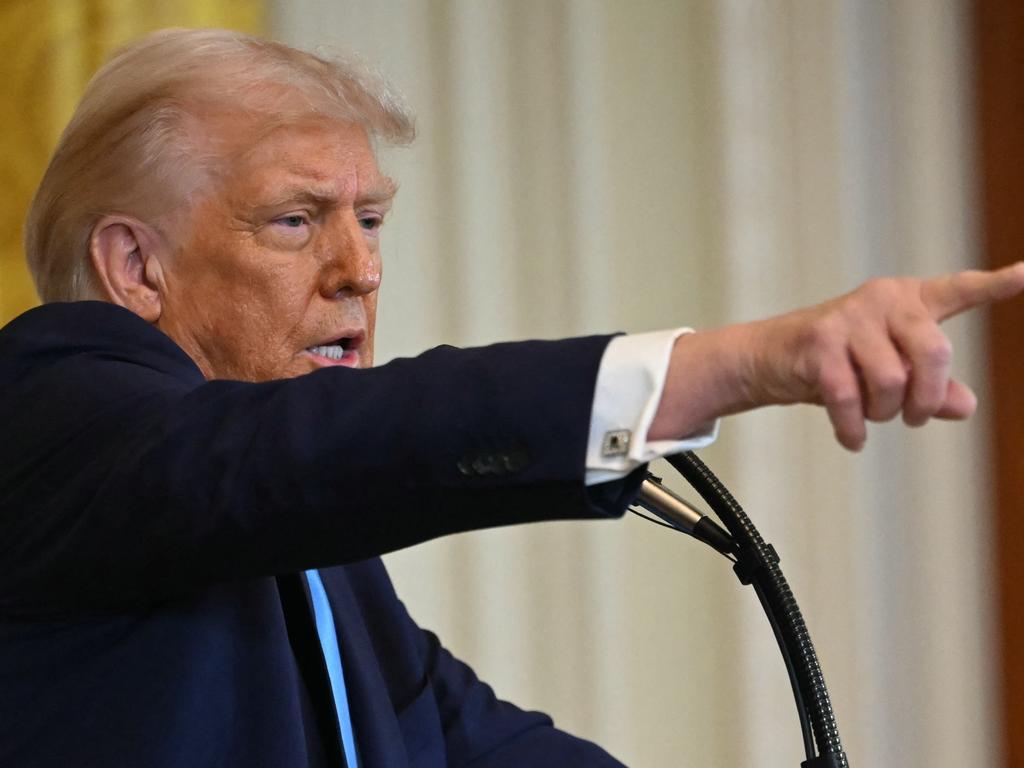

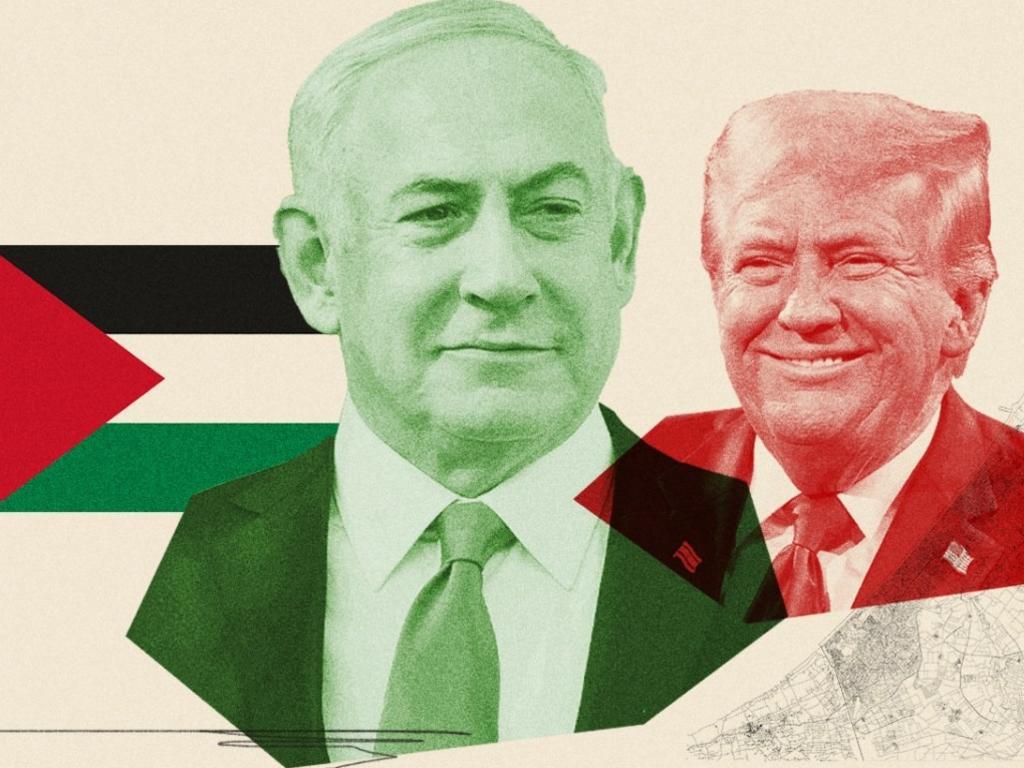
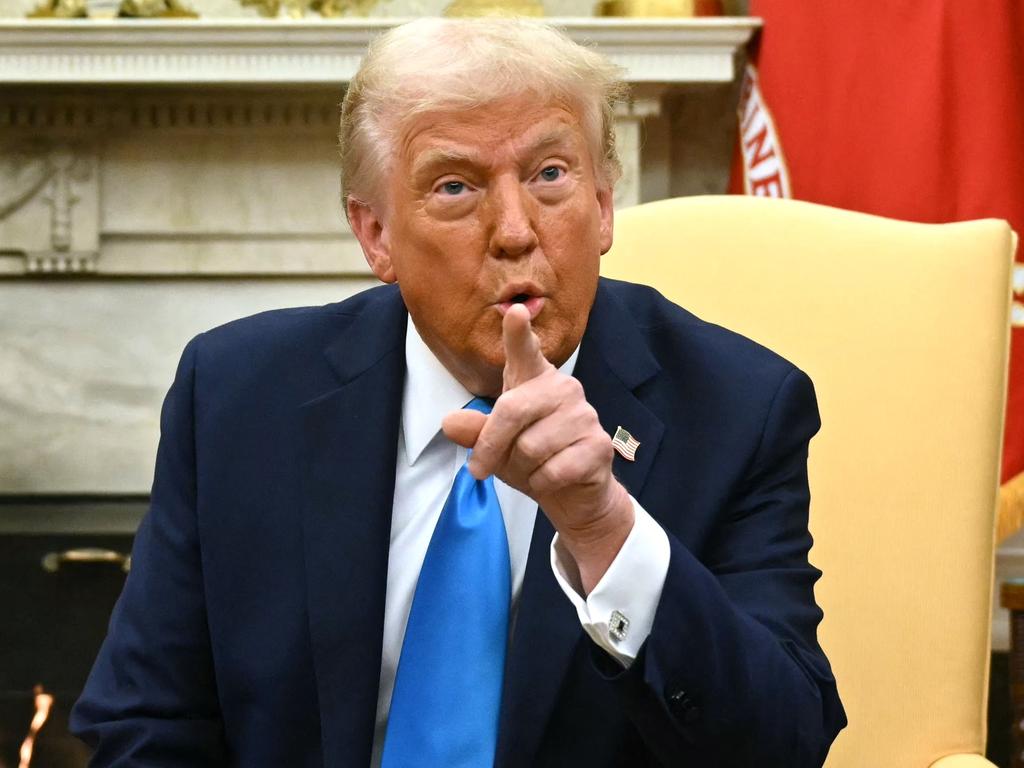


Historic, audacious, ambitious, crazy, dangerous, jaw-dropping. However you want to describe it, Donald Trump has taken a gamble for the ages on Gaza, one which is likely to define his presidency and the future of the Middle East.